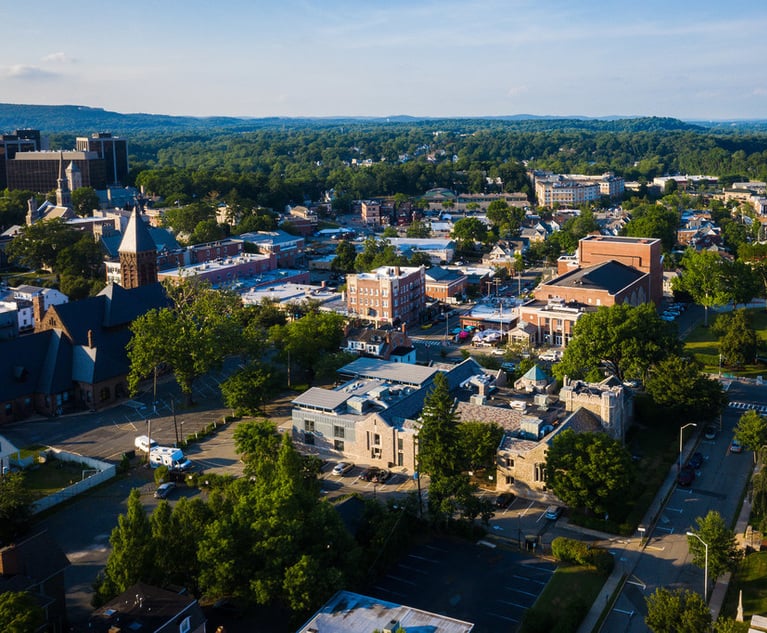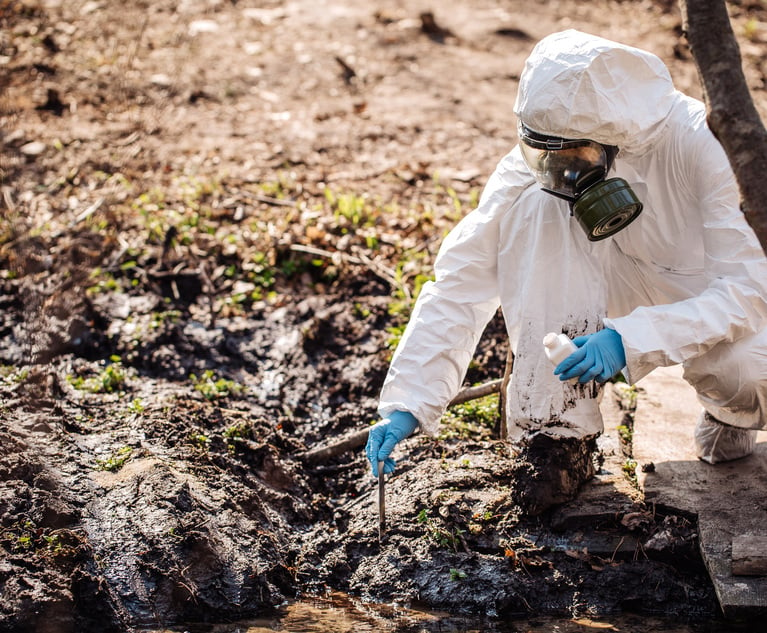Redevelopers in New Jersey have become increasingly comfortable with the idea of buying environmentally compromised properties, particularly with a growing demand for warehouse properties to support the e-commerce economy. There are, however, complexities that both buyers and sellers should be mindful of before entering into such a transaction.
Because buyers tend to be single-purpose entities formed solely for the acquisition and development of the subject property, while the seller obviously already owns the property and has the primary obligation to remediate it, the burden of greater care arguably falls upon the latter. In a nutshell, the seller of contaminated property is essentially taking a leap of faith that the buyer will complete the remaining remediation tasks in a timely fashion in the best case, and that it will not create a greater mess that becomes seller’s regulatory obligation to address in the worst case.







